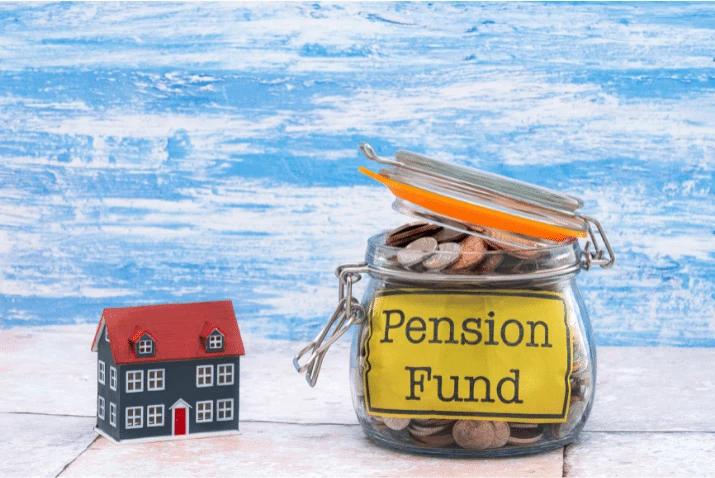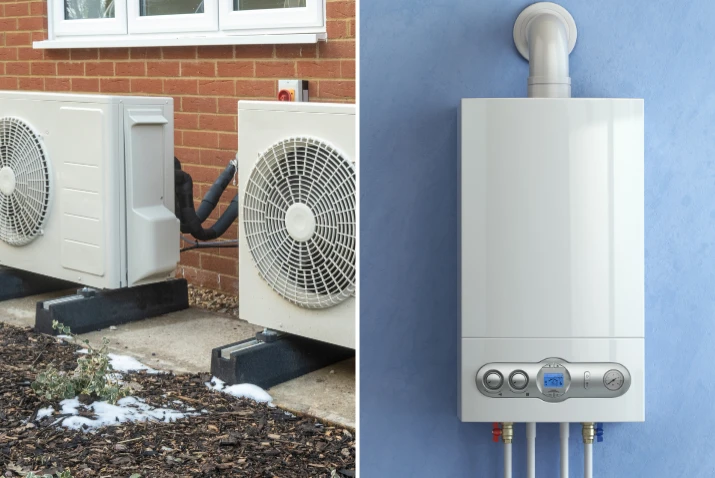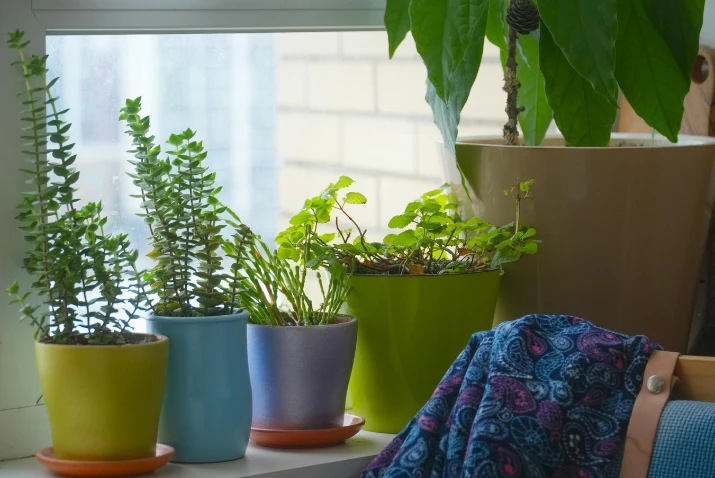When we talk to landlords and property investors about why they want to invest in property, one of the top answers is: “to create a pension pot for the future”. This might be building a lump sum through the property’s increase in value over time or securing ongoing additional income from letting.
For transparency, the only people that can really say whether you should invest in property or in a financial pension pot, is someone who is fully trained and regulated by the Financial Conduct Authority (FCA). That might be an independent financial advisor (IFA) and/or a tax expert.
In order for a financial expert to properly advise you, there are 3 key things you need to establish. So, before you contact them, make sure you’re clear on:
- How much are your assets and income currently worth?
It may seem an easy question, but it can take some time to collate the information. An IFA or tax expert will need to understand what your current gross and net income is, how much you spend, what you can save and what assets you have – for example: existing investments, pensions, your home or other properties. - What income do you need and by when?
Investors often say they want ‘financial freedom’, but this can mean different things to different people. For some, a top up to their existing pension might be enough; for others, it might mean being able to leave the day job and live off property income and capital growth. An expert will need to know how much capital you want or need – and when – in order to assess whether your expectations are achievable, based on investment returns. - What major expenditure is required in the future?
Depending on what stage in your life you decide to invest, you may need to make provision for school or university fees, renovations on your own home or a new car. It’s worth having a list of how much your future plans will cost, so you know what money you’ll need to keep aside.
What are the pros and cons of investing in property instead of a pension?
Once you have researched the information you need to give to your IFA or tax expert, it’s worth talking through with them the pros and cons of investing in property versus a financial pension:
Pros of investing in property
- It is possible to buy a property at a discount, especially if you’re paying cash, which could provide an instant increase in equity (the difference between the price you paid and the true market value) and a better return on your investment income through letting.
- If you buy a property that you can add value to, it’s possible to secure an increase in capital growth that’s greater than the cost of improvements. This could allow you to release capital to purchase more properties or re-mortgage at a lower loan to value.
- You can borrow money to invest in property, which you can’t typically do when investing financially. Leveraging your property investment through mortgage borrowing can boost the return on your own invested capital if the property’s value rises.
For example, if you buy a property for £200,000 with a 75% mortgage and a deposit of £50,000, if the value increases by 10% (£20,000), your return will be four times better than if you fund the full £200,000 yourself:
£20,000 ÷ £50,000 = 40% return. £20,000 ÷ £200,000 = 10% return.
Cons of investing in property
- When you invest money in a pension, the government will give you a ‘tax break’ on the amount invested, so ‘additional’ money goes into your pension pot. In contrast, the costs of purchasing and selling property are often a lot higher than investing cash in a financial investment.
- If you hope to pass on your pension pot to a beneficiary, they may not have to pay any inheritance tax, whereas it’s more difficult to transfer additional properties tax free.
- Your pension pot is often spread over different investments, which can be less risky than investing in one or two properties.
- If you need to cash in your investment when the market isn’t favourable, it may be difficult to do so.
- All properties have on-going maintenance costs, which are higher with rentals, so you have to keep putting money in during the life cycle of the investment.
Over the years, we have seen property deliver some amazing returns for homeowners and investors. However, it’s not guaranteed, and you may have to tie up a lot of your capital and wait for a few years before you start seeing a good return, versus financial investments.
If you’re keen to create a pension pot through property, it’s essential to take advice from an independent financial advisor and/or tax expert before you move ahead with any purchases.








